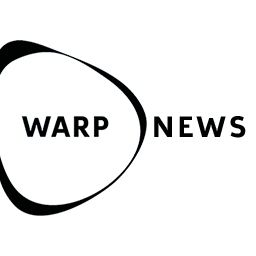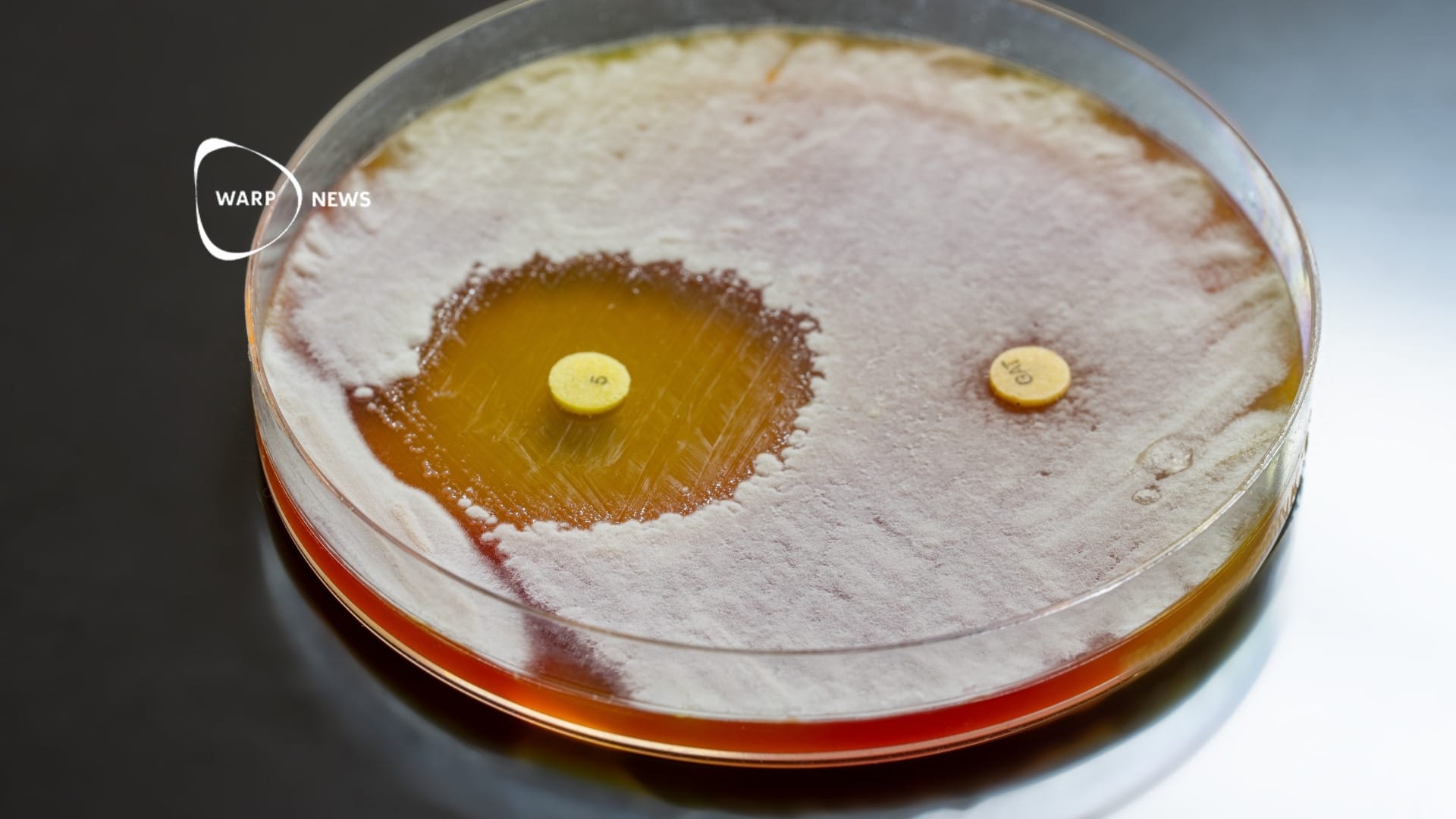
🔬 More efficient cancer treatment with new prognosis method
Researchers have developed a new method that can provide better forecasts of how a patient's cancer will progress and also how well immunotherapy will work for the patient.
Share this story!
Immunotherapy is a successful form of treatment for many types of cancer, but there are tumors that do not respond at all to that type of therapy. Now researchers at Uppsala University have identified a combination of specific immune cells that could be used to make more accurate prognoses and better predict treatment response in immunotherapy for certain forms of cancer.
This may give doctors a better chance of being able to say in advance which patients will benefit the most from immunotherapy. Something that can save patients unnecessary suffering because the therapy can otherwise cause severe side effects without affecting the tumor.
In short, the method is based on analyzing a type of macrophage and a type of T cell. The presence of these can be used to create a prediction method that the researchers call Signature for Immune Activation, Sia.
"Sia is a relatively simple prognostic method to develop and our conclusion is that it can function as an independent prognostic marker for at least five different forms of cancer. It also worked better than other prognostic methods that are based on the presence of immune cells," says Artur Mezheyeuski, researcher at Uppsala University and the article's first author, in a press release.
The study showed that patients who had high Sia values also responded better to treatment.
"We believe that our results can be further developed so that Sia can be used to select patients who are most likely to respond to different types of immunotherapy," says Tobias Sjöblom, professor at Uppsala University and the one who led the study.

By becoming a premium supporter, you help in the creation and sharing of fact-based optimistic news all over the world.



